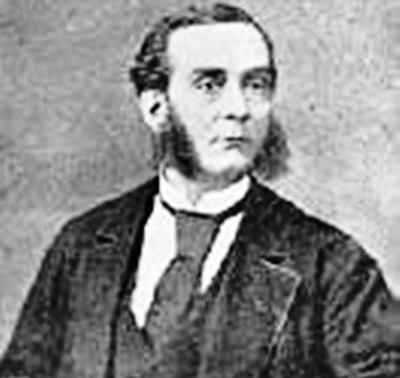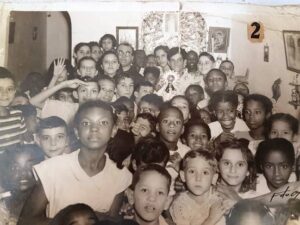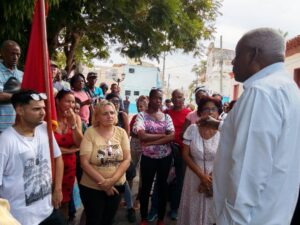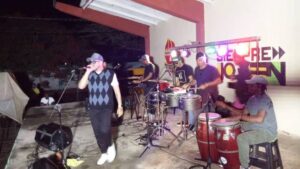Antonio Guiteras Font, his influence in the consolidation of thought in Matanzas (+video)

Cuban scholar Fernando Ortiz catalogued him as the most culminating personality of colonial pedagogy after José de la Luz y Caballero.

At the beginning of the decade of the 40’s of the Cuban XIX century, Matanzas stood out for its systematic economic development. This growth was manifested in diverse branches of social life, from culture to pedagogy.
Thanks to the empowerment of some Yumurian families and the advanced ideas that arose at that time in the territory, the La Empresa School was created with the intention of providing a complete education to the children of wealthy families without the need to go to Havana or abroad.
La Empresa School was founded on February 15th, 1840, with physics, chemistry and natural history cabinets. Latin, Greek, French, English and German were also taught there, in addition to Philosophy classes including Logic, Metaphysics, Ideology, Psychology, Morals and Natural Law. There were classes in fencing, gymnastics, music and bookkeeping.
Several directors succeeded one another until, in the mid 1850’s, Eusebio Guiteras Font was called to direct it. He was succeeded by his brother Antonio, two years later, a stage in which the school reached its highest point of pedagogical and social development, becoming one of the highest educational levels in the country.
The lawyer, educator and translator belonged to the Guiteras, an illustrious family that gave to Cuba, from distinguished teachers to illustrious doctors and revolutionaries with the stature of statesmen. When he was born, on June 20th, 1819 in a large house that with the number 9 is part of the beautiful predominant architecture in Rio Street, one of the greatest sons of Matanzas in all its history was born.
Together with his brother Eusebio, he traveled to Asia and Europe to study the most modern educational systems in order to test them in Cuba. Guiteras Font collaborated with several Cuban and foreign publications and stood out as a Latinist.
Highly praised by Cuban and foreign critics, fragments of his translation of Virgil’s Aeneid had been previously published in a Madrid newspaper at the initiative of Domingo del Monte.
It also appeared in Aguinaldo, by Luisa Molina, El Liceo de Matanzas, Revista de Cuba, El Ramillete and Ilustración Cubana, of Barcelona. Antonio Guiteras also published books dedicated to teaching, pedagogical methods and two versions of Spanish grammar for elementary school students.
Together with his brothers, he joined the radical group of Matanzas liberals linked to the processes that were beginning to develop in Cuba. His liberal ideas, his influence on the students and the society of the time, the prestige of his family and the fame they had for years as enemies of the Spanish regime, made Antonio Guiteras be considered an enemy of the Spanish authorities and his persecution was accentuated, so he had to leave the country.
An ancestor through his father’s side of the anti-imperialist revolutionary Antonio Guiteras Holmes, he was also a supporter of independence. The Cuban scholar Fernando Ortiz catalogued him as the most culminating personality of colonial pedagogy after José de la Luz y Caballero.
…ONLINE VIDEO
Written by Jessica Mesa.




